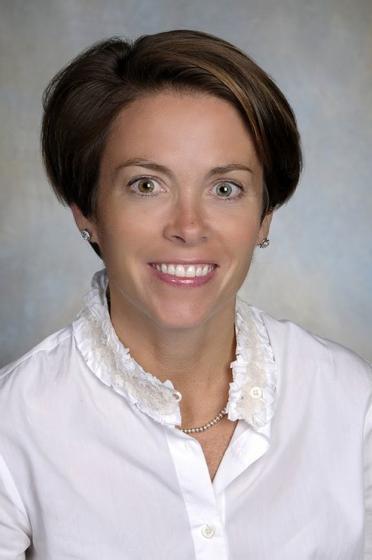

For a lot of patients, the injury that they experience to their lungs takes them a while for their lung to recover,” he said. “The analogy I give to patients here is think of a broken bone: When we take a cast off, it’s still going to hurt for a while as you repair it, reheal, and regrow that muscle. The first, Galiatsatos said, is that the symptoms are a part of the healing process. “So putting patients on breathing machines comes with ongoing consequences that they feel weeks to months later, from anxiety and depression to muscle wasting, because you keep them rather bed-bound until you take the breathing machines away from them,” said Galiatsatos, who treats patients at Johns Hopkins’ post-COVID clinic.īut for long-lasting symptoms that are directly caused by COVID itself, rather than medical intervention, there are three categories. Panagis Galiatsatos, assistant professor of pulmonary and critical care medicine at Johns Hopkins Medicine.

“It’s not the virus that’s making people with long COVID sick, it’s the immune response to the virus if it’s persistent,” Griffin said.įor patients who become severely ill with COVID-19, the intensive interventions required to cure them could have serious effects on the body, said Dr. Within the past couple of weeks, Paradiso said, she has felt like she can move more easily, but she’s not sure if it’s because she’s been vaccinated, or if she’s progressing on her own. But it’s difficult to pinpoint, she said, because her symptoms ebb and flow. Since she was vaccinated in April, Mazur said, she hasn’t noticed improvement or worsening of her long COVID symptoms. However, other long-haulers don’t experience any changes after getting the shot.

Some long-haulers have reported their symptoms resolved after getting the COVID-19 vaccine. There’s no clear explanation why people experience long COVID, and there’s no cure. “So … I can start training myself again little by little, but I just get winded easier than I ever would in my life,” Paradiso said. Paradiso teaches fitness professionally, and she dances, but now she gets winded by physical activity. She also was diagnosed with a thyroid condition, which she believes worsened after she contracted the virus. The 49-year-old from Philadelphia has struggled with shortness of breath, exhaustion, changes in appetite, high cholesterol, weight gain, bloating, brain fog, and mood changes like depression. Similarly, Jenni Paradiso was diagnosed with COVID-19 in November and still is experiencing unusual symptoms. WHYY thanks our sponsors - become a WHYY sponsor


 0 kommentar(er)
0 kommentar(er)
